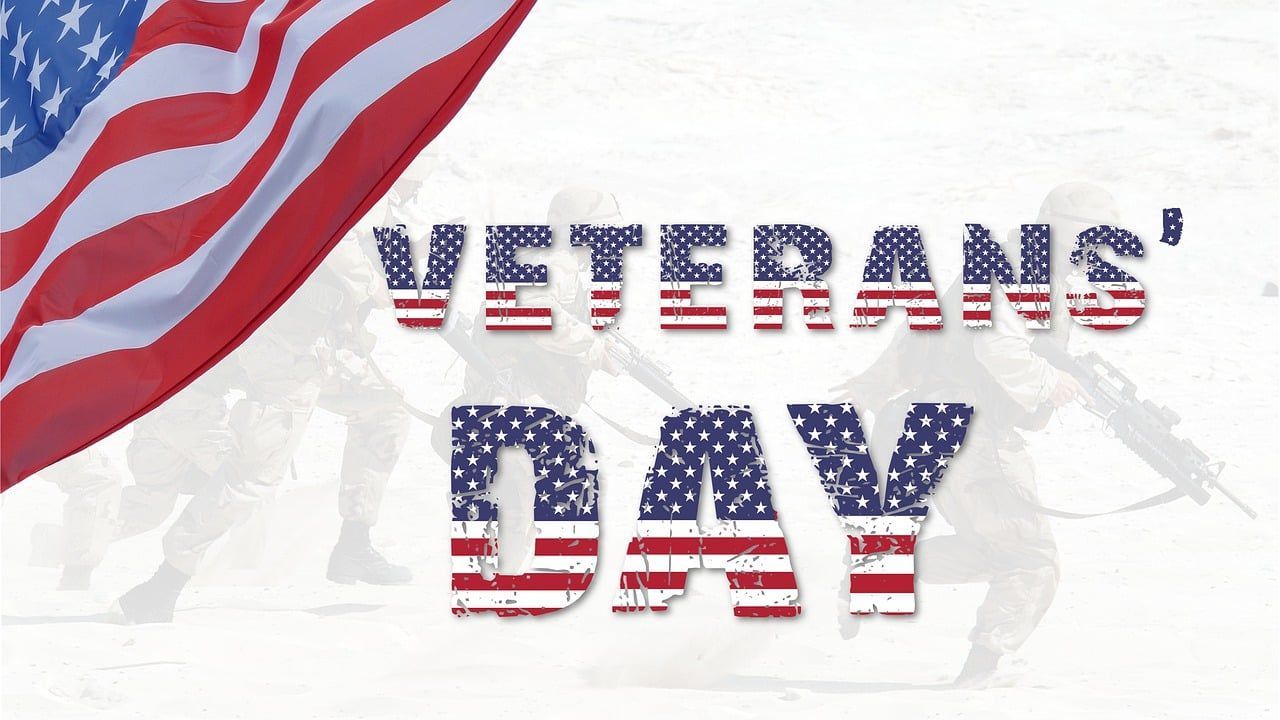Serving Veterans in Your Law Practice
Key Requirements and What You Need to Know
In your law practice you represent various people from all walks of life, with colorful and interesting backgrounds, including veterans of the United States of America. Knowing how to identify veterans amongst your clients and knowing what benefits are available to assist them can leave a lasting impact on your clients.
Key Veteran Requirements
As we will discuss, every program or law that benefits Veterans have various requirements that the veteran must meet in order to qualify.
These requirements almost always include criteria that is narrower than the requirements listed in section 3.1(d) of the Title 38 of the Code of Federal Regulations which defines a veteran as “a person who served in the active military, naval or air service and who was discharged or released under conditions other than dishonorable.”
This simple definition is essentially broken down into two requirements, active service, and the nature of termination of that service. In regard to Active Service, you can ask how much time is needed, one day? One hundred days? For those who served full time, just one day of service qualifies. For those in the Reserves or National Guard they must serve 180 days of active duty, not including training.
The second requirement refers to termination of service under “conditions other than dishonorable,” but what are the other conditions?
Essentially there are five types of discharge:
Honorable
General (Under Honorable Conditions)
Other than Honorable
Bad Conduct Discharge
Dishonorable Discharge
For purposes of Title 38 only those who received a Dishonorable Discharge are not included in the definition of veteran.
However almost every program or benefit that deals with veterans requires a veteran to have either an Honorable or General (Under Honorable Conditions) discharge.
When Applying for Benefits
When applying for benefits a Veteran has to produce their DD-214, which is a one-page document given to them upon discharge which summarizes their service history including the service members identifying information, dates of their service, awards and metals, combat service if applicable and nature of discharge.
In New York State, a Veteran, as defined for purposes of Civil Service Preferences under Section 85 of the Civil Service Law has the following requirements:
a) were members of the Armed Forces of the United States.
b) served on active duty for other than training purposes in time of war*.
c) were discharged honorably or released under honorable circumstances.
d) are residents of New York state; and
e) have documented their eligibility by submitting Form DD214 (NAVPERS-553 / NAVMC-78 PD / WDAG) - 53, 98_ and for service in Lebanon, Grenada, or Panama, the award of an appropriate expeditionary medal.
*Mexican Border period (May 9, 1916, to April 5, 1917, for Veterans who served in Mexico, on its borders, or in adjacent waters); World War 1 (April 6, 1917 to November 11, 1918); World War II (December 7, 1941, to December 31, 1946); Korean conflict (June 27, 1950, to January 31, 1955); Vietnam War era (November 1, 1955, to May 7, 1975, for Veterans who served in the Republic of Vietnam during that period. August 5, 1964, to May 7, 1975, for Veterans who served outside the Republic of Vietnam.); Gulf War (August 2, 1990, through a future date to be set by law or presidential proclamation).
Here, we see not only the discharge type being narrowed but also the common requirement of service “in a time of war.” While some programs do require “combat service” it’s important to understand that “in a time of war” simply refers to the time period of active service and does not require the servicemember to have actually served overseas or in a combat zone and have merely been on active duty during one of those defined periods. Every person who served anywhere in any branch during one of the defined periods qualifies as having served in a time of war.
Some benefits, especially most of those related to medical care, do give extra benefits for service members who served in a combat zone. Combat Zones are geographic zones defined by the IRS which provide contemporaneous tax breaks to those serving in those zones but also can provide additional benefits to veterans years later.
Local to Long Island
On Long Island, local municipalities provide property tax reductions to veterans, but the amount of the reduction increases if a veteran has war time service, combat service, and/or a service-connected disability. In a town that adopts the Alternative Veterans Property Tax Exemption the property tax reductions are 15% for veterans who served on active duty, 25% for those who served in a combat zone and additional amounts for those with a service-connected disability rating.
The last major requirement that is applied to veterans’ programs refers to a veteran “service-connected disability” which are given to service members who have a disability for a disease or injury that was incurred or aggravated by service in the armed forces. Service connection ratings can range from 0 to 100% based on how much the injury impacts the service member.
Veterans as Clients
When Speaking with Veterans you will get varying levels of responsiveness and openness depending on the veteran. Some veterans have no issue talking about their service while others, for various reasons, are more reserved. In order to elicit a response and engage in a conversation it is important to understand what kinds of questions are expected and what questions might be too personal or uncomfortable for a veteran to respond to.
As status as a veteran impacts several areas of my firm’s practice, I include a request for the client or spouses DD-214 in my intake packets. When speaking with any veteran it is important to know some of the key nomenclature and basics of how the services work. Some basic questions you can ask a veteran are how long they served and where they served. All service members are assigned to a unit and a home duty station at the outset of their career and for all service members this changes every few years.
A veteran who served in the army for 20 years may have been stationed in six or seven different places including one of the United States’ numerous bases overseas. Despite Alfred M. Gray’s assertion that “Every Marine is, first and foremost, a rifleman. All other conditions are secondary.” Every service member has a primary job identified by their Military Occupation Specialty code (Army/Marine Corp); Air Force Specialty Code (Air Force) or Navy Enlisted Classification (NEC). IN addition to assigned duty stations, service members can be Deployed either to combat zones or to forward positions to conduct combat or support operations.
After identifying veterans in your practice, it is important to know how that applies to your area of the law or how you can direct your client to other professionals who can provide them with benefits. In addition to the Alternative Veterans Property Tax Exemption discussed above, there are a host of state and federal benefits offered to veterans.
Thanks to the criminal and veterans bar associations throughout the state almost every county now has a Veterans Treatment court which can help veterans in legal trouble get treatment for their underlying issues.
***
Both the federal and state governments provide education benefits to veterans and sometimes to their families, including New York State Veterans Tuition Awards; New York State Recruitment Incentive and Retention Program; Post 9-11 GI bill and Gold Star Program. New York veterans with employment issues can reach out to the New York State Career Centers which have Disabled Veterans' Outreach Program Specialists (DVOPS) and Local Veterans' Employment Representative (LVERS) who are dedicated staff members to specifically help Veterans and their Spouses.
Under New York State Law veterans receive additional credits for all competitive civil service examinations including police. For veterans in the civilian work force USERRA and a host of other laws provide special status and protections for veterans who face job loss or discrimination in the workplace.
***
If you need assistance with your estate planning matters, we are here to help.
Please contact Thomas J. Manzi, P.C. at (631) 270-6500 for a free consultation.


Free Consultation
Sound legal advice is based on years of training, hard work, and passion, as well as familiarity with legislation and precedent and sound consideration. You’ll find all that and more at
Thomas J. Manzi PC.
We will get back to you as soon as possible
Please try again later
About Us
Contact info
Suite 6300
Central Islip, NY 11722










